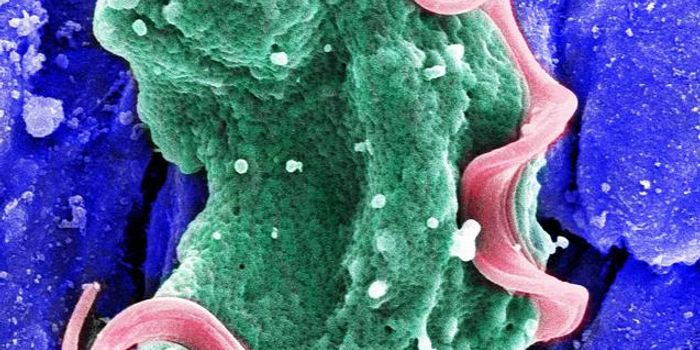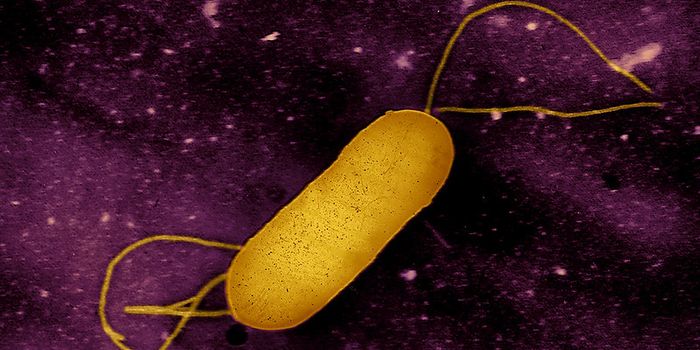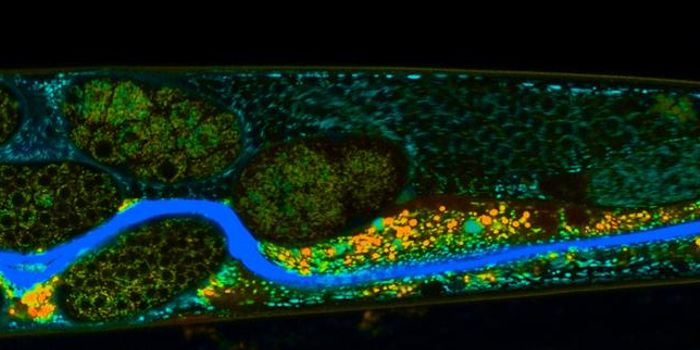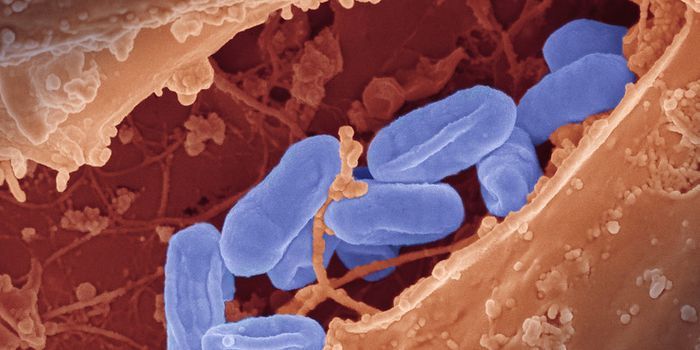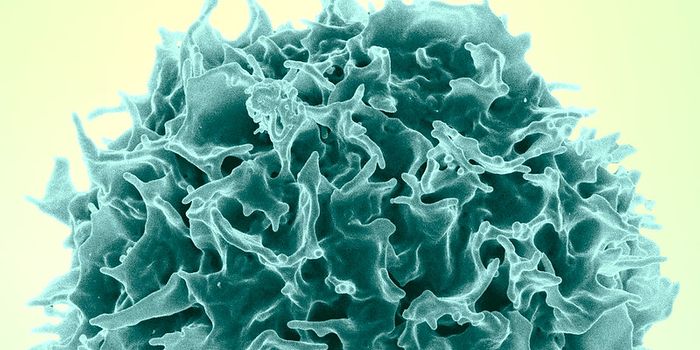Good Skin Bacteria can Protect Against Cancer
Our bodies are host to millions of microbes, many of which play essential roles in maintaining our health. Scientists are learning more about the bacteria that live inside of our guts and on our skin, revealing the ways they impact our lives. New research by scientists at the University of California San Diego School of Medicine indicates that specific microorganisms that live on our skin may help protect us from cancer; the work has been reported in Science Advances.
“We have identified a strain of Staphylococcus epidermidis, common on healthy human skin, that exerts a selective ability to inhibit the growth of some cancers,” said Richard Gallo, MD, Ph.D., Distinguished Professor and chair of the Department of Dermatology at UC San Diego School of Medicine. “This unique strain of skin bacteria produces a chemical that kills several types of cancer cells but does not appear to be toxic to normal cells.”
The power of the S. epidermidis strain comes from a chemical compound it makes, 6-N-hydroxyaminopurine (6-HAP). The researchers tested the effects of 6-HAP by exposing mice carrying various strains of S. epidemis to ultraviolet (UV) rays, which cause cancer. A group of mice with S. epidermidis that did not make 6-HAP ended up with many skin tumors after UV exposure; mice carrying a 6-HAP-producing S. epidermidis strain did not get those tumors.
6-HAP can act to disrupt the synthesis of DNA. It also prevents the spread of transformed tumor cells and can hinder the development of skin tumors caused by UV rays.
When mice received 6-HAP injections every 48 hours for two weeks, they did not display apparent adverse effects from the treatment. But after melanoma cells were transplanted, the size of their tumors was reduced by over 50 percent compared to controls.
“There is increasing evidence that the skin microbiome is an important element of human health. In fact, we previously reported that some bacteria on our skin produce antimicrobial peptides that defend against pathogenic bacteria such as, Staph aureus,” said Gallo.
S. epidermidis seems to also provide a layer of protection against some kinds of cancer, said Gallo. More work is necessary to understand the mechanism behind the effects of 6-HAP. It remains to be seen if it can be used in cancer prevention, and if losing 6-HAP increases the risk of cancer, noted Gallo.
There are over new one million cases of skin cancer in the United States every year. Over 95 percent of those cases are non-melanoma, which are often caused by UV ray overexposure.
Sources: UCSD, Science Advances


![[Guide] 7 Strategies to Boost Laboratory Collaboration](https://d3bkbkx82g74b8.cloudfront.net/eyJidWNrZXQiOiJsYWJyb290cy1pbWFnZXMiLCJrZXkiOiJjb250ZW50X2FydGljbGVfcHJvZmlsZV9pbWFnZV83YzBjZWIwM2Y5YzI4MmFlYzBhZDZhMTcyNTQ1ZGU3YmE4Y2MzMDYyXzUxNDkuanBnIiwiZWRpdHMiOnsidG9Gb3JtYXQiOiJqcGciLCJyZXNpemUiOnsid2lkdGgiOjcwMCwiaGVpZ2h0IjozNTAsImZpdCI6ImNvdmVyIiwicG9zaXRpb24iOiJjZW50ZXIiLCJiYWNrZ3JvdW5kIjoiI2ZmZiJ9LCJmbGF0dGVuIjp7ImJhY2tncm91bmQiOiIjZmZmIn19fQ==)
